Brevity is your best friend when drafting legal briefs. Randall Christison provides tips on how you can persuade the judge…. in UNDER 500 words!!
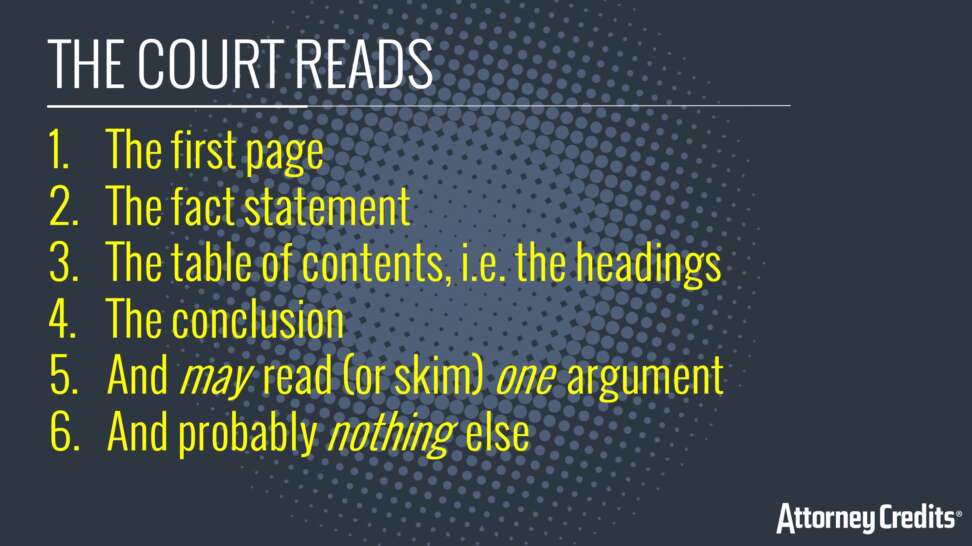

Brevity is your best friend when drafting legal briefs. Randall Christison provides tips on how you can persuade the judge…. in UNDER 500 words!!
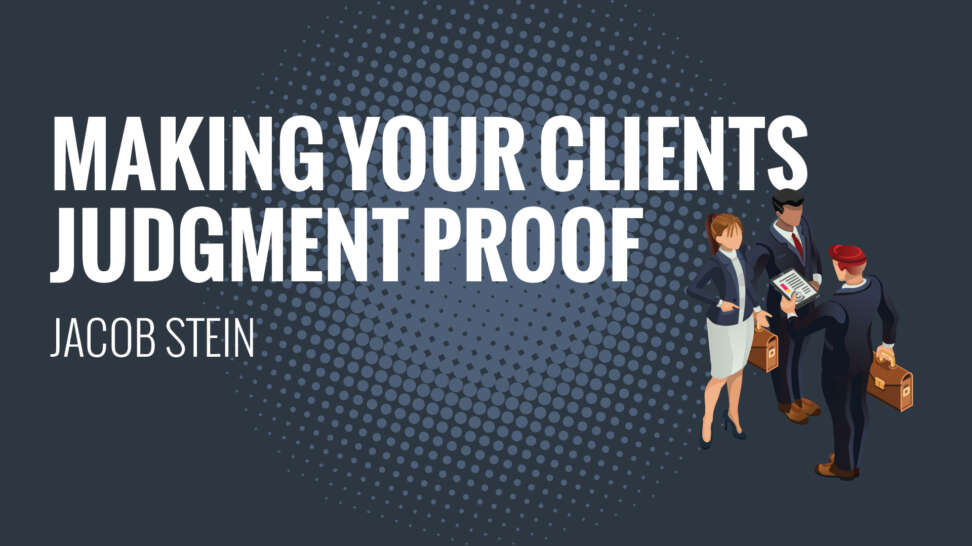
In this CLE course, Jacob Stein will show you ways to protect assets common to all clients: houses, bank & brokerage accounts, rental real estate, businesses & professional practices & retirement plans.
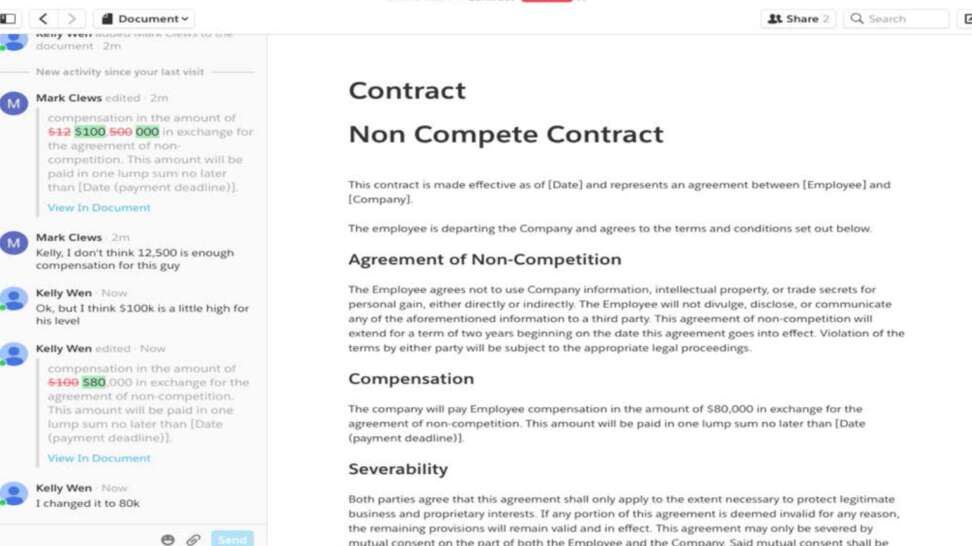
When it comes to today’s eDiscovery, businesses and attorneys are surprised to find that much of the ESI and data now collected comes from apps and SaaS such as Amazon Web Services (AWS), DropBox, WhatsApp, Slack and many more – instead of traditional data forms such as emails, PDFs and .docs.
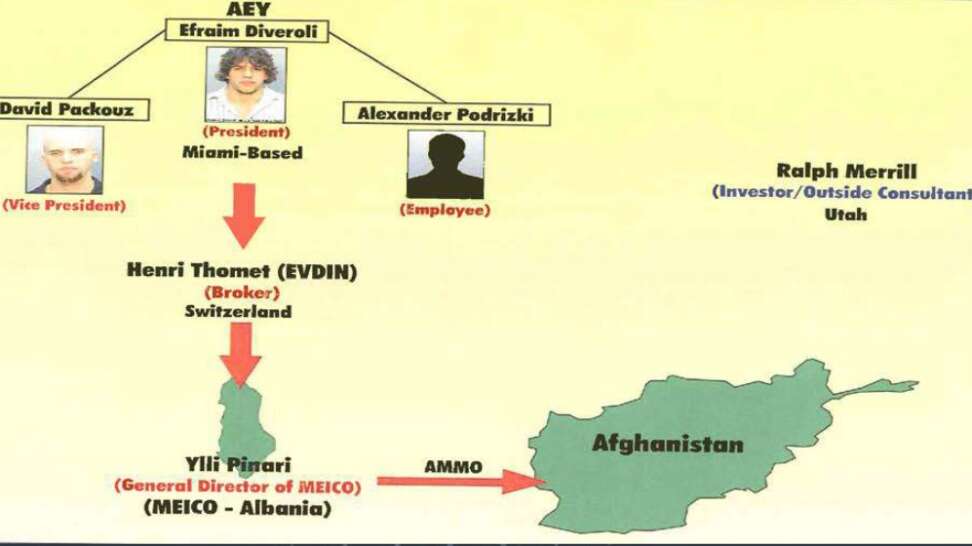
When we think of a case with thousands (or possibly millions) of documents, many of us think of one word: B-O-R-I-N-G.
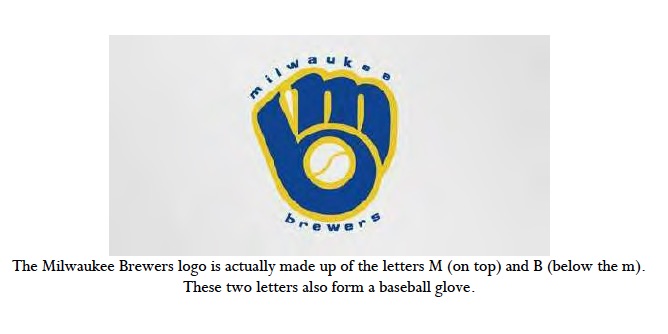
In this entertaining CLE course, Mark Reichenthal will start by providing a brief recap of copyrights, trademarks, patents & trade secrets. Mark also stresses the importance of teaching employees about IP issues and establishing systems to help employees protect valuable intangible assets.
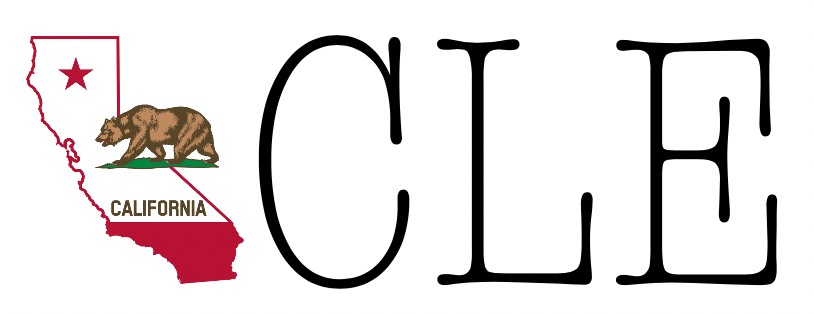
Currently, California attorneys with last names N-Z must complete 25 CA CLE hours by January 31, 2020… including 4 hours of legal ethics, 1 hour of elimination of bias and 1 hour of competence issues.
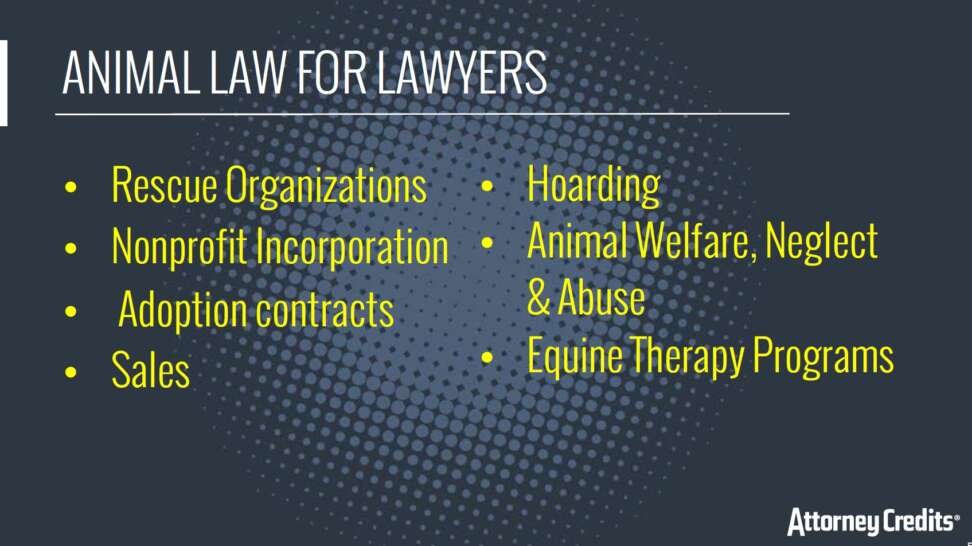
In this CLE course Cheryl Nolan will provide you with the highlights of animal law practice, what keeps Animal Law lawyers up at night and important practice tips.
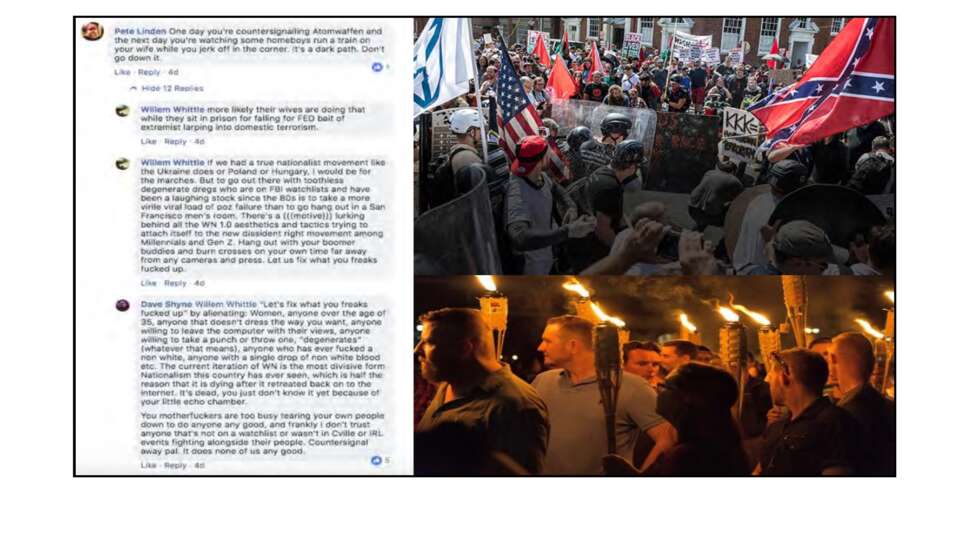
Trial attorney Mark Mermelstein provides you with best practices for getting vital social media evidence admitted at trial, authenticating the electronic evidence, proving its relevance and overcoming hearsay objections. After completing this highly informative & practical course you will understand the legal, practical and ethical implications of using electronic evidence obtained from social media networks and the Internet at trial.

Technology has softened the rigid formality of negotiating, forming, enforcing and signing contracts over the last 15 years. In this CLE course, attorney Aaron Cronan will explore some of the most important legal, practical and business implications of technology’s impact on forming a binding contract.
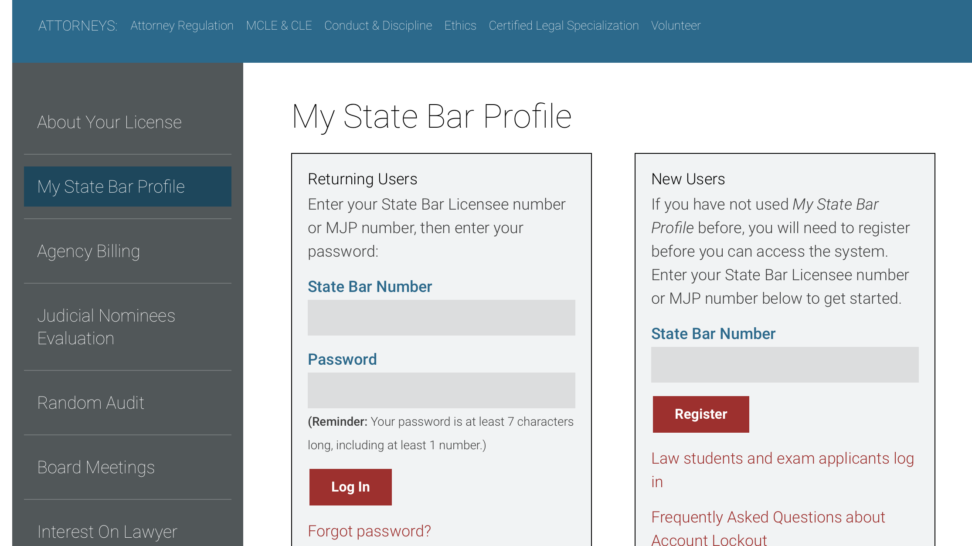
California attorneys may no longer submit a paper compliance card, attorneys must now report their compliance online through My State Bar Profile.